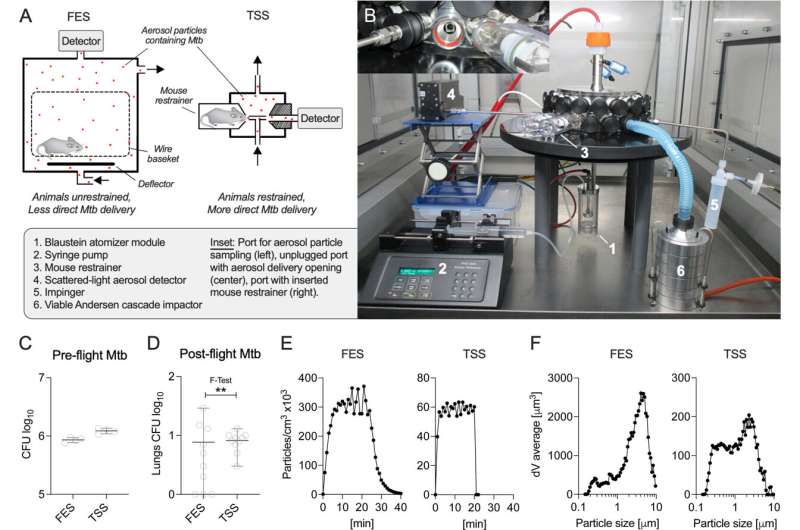While treatments have evolved and improved over time in active TB infection, understanding its spread down to droplet level remains elusive. But as with any infectious disease, a detailed understanding of microbiology remains the key to global efforts in public health toward control and eventual eradication.
To that end, the research faculty at Hackensack Meridian Center for Discovery and Innovation (CDI), in collaboration with teams at the Massachusetts Institute of Technology (MIT) and Weill Cornell Medicine, has developed a new experimental system called Transmission Simulation System (TSS) that replicates the airborne transmission of TB—by simulating the human cough—with unparalleled realism and never-before-seen precision.
Led by Martin Gengenbacher, Ph.D., associate member of the CDI faculty, the collaborative team has published its findings in a paper titled “Experimental system enables studies of Mycobacterium tuberculosis during aerogenic transmission,” in the journal mBio.

